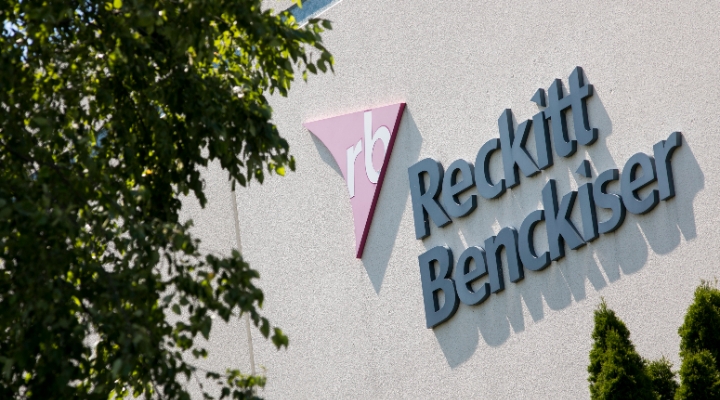
The integration of Credit Suisse into new parent UBS will highly distort earnings for the next three or four years. But, beyond that, the acquisition does create future opportunities. After all, UBS got large assets at a bargain, which brings strong potential – provided it does the clean-up properly.
Now the dust of the high-profile incorporation of Credit Suisse by UBS has settled, Morningstar updates its views on what is now Switzerland’s only totemic finance firm.
Equity analyst Johann Scholtz arrives at a Fair Value estimate of CHF 27,50 per share, up 22% from his former number that dates back to the pre-Credit Suisse era.
That makes UBS an undervalued stock, as the current share price hovers around CHF 18,50. The new Fair Value estimate implies a value of around CHF 19 billion for the acquired Credit Suisse operations.
To put that in context: in March 2021, Credit Suisse’s market valuation was CHF 32 billion. In February 2023, just before collapse, Credit Suisse was still valued at CHF 13 billion by the market.
Tough Job Ahead
UBS’s primary task is not to grow revenue. It is to save on costs.
It must now drastically reduce the loss-making, volatile, and capital-hungry investment banking operations and restore the profitability of Credit Suisse's wealth management operations. While it is in a much better position to do this as a parent than Credit Suisse ever was on its own, it will be a tough job.
Initially, Scholz estimates, Credit Suisse’s legacy business will decline by 16% cumulatively in the next five years: "we believe UBS will aggressively shrink Credit Suisse's investment banking operations," he says. Most of the $8 billion in aimed cost savings will be realised from that process.
Its wealth management promises more potential and that can contribute 16% to group revenue in 2023 and Scholtz expects that to grow by 4% annually over the next 5 years, adding to UBS’ own wealth management that has continuing client and asset inflows.
Looking further into the future, Scholtz anticipates five years of modest revenue growth of 1% compounded annually and operating expenses declining 2% compounded annually. Most of that will come from streamlining the former Credit Suisse cost base. That will result in an estimated EPS of $3,92 by 2027.
Future Potential
When the integration is complete by 2027, the consolidated wealth management and asset management business will be even more dominant than UBS was as a standalone company.
UBS will contribute 63% of profits, Scholtz projects, and says he believes that, in the longer term, the takeover will be "highly earnings accretive".
For one, UBS has acquired talented employees, good client relationships, and a significant asset base for a fire-sale price, Scholtz says. For two, Credit Suisse's wealth and asset management operations were profitable, high-quality operations in the past.
In that new era, the concerns that led to the demise of Credit Suisse will probably fade away. For example, solvency concerns about Credit Suisse made funding costs soar prior to the acquisition, but the lower fundings costs that UBS has now will probably support the business.
And if the integration develops successfully, UBS stands to incrementally increase dividend payouts. As such, we estimate UBS will pay a dividend of $0.61 per share for 2023. By 2027, analysts see room to resume its share buyback program of $15 billion, being 20% of its current market value.
Matters external could still cause issues though. UBS being the sole power in Switzerland may lead to significant public opposition, and because of that UBS “may well decide to spin off the domestic Swiss banking business” into a separate company, Scholtz states. The combined domestic Credit Suisse and UBS businesses contribute around 27% of group profits.
Client Loyalty Now Crucial
All this considered, Scholtz now grants UBS a "Narrow" Moat rating, based primarily on switching costs. In banking and wealth management, these switching costs are typically implicit; it is the client’s valued relationship with an incumbent adviser who knows all about his client and provides service to keep the client care-free.
Such a relationship is built over years and often even generations. In previous years, both UBS and Credit Suisse have been tilting their business portfolios more and more towards so-called ultra-high-net-worth clients, who may demand a lot, but also bring in big assets and loyalty to advisers if the bank does its job right and returns are good.
Valuable relationships deliver, which is proved by the fact that Credit Suisse’s wealth management business kept showing inflows even when concerns started to rise and risk management failures caused increasing doubt around the bank. It is one small glimmer of hope in an otherwise messy marriage of upheaval and pain.



























